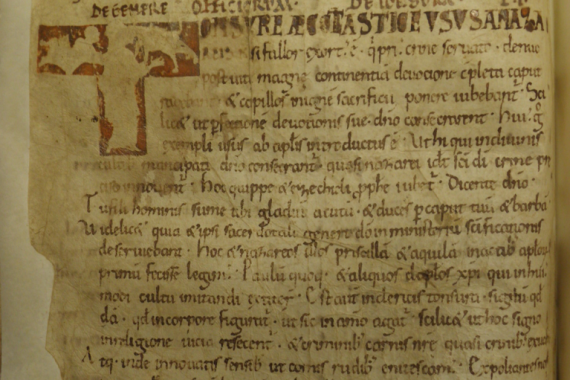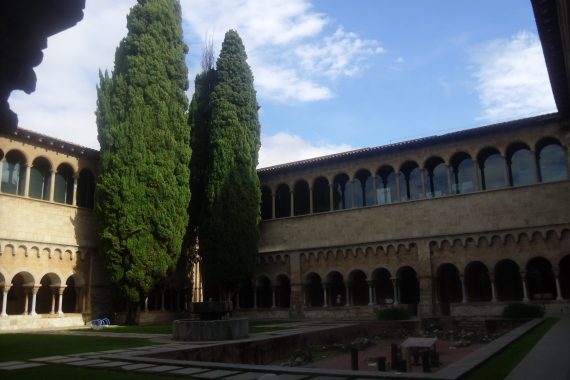Using the Merovingian past in the eleventh century: Odorannus of Sens
It’s no surprise that monks and nuns in the high middle ages used the Merovingian past when they were retelling their foundation legends. From the tenth century onwards, we see an increasing number of monasteries claiming that they had Merovingian founders, usually opting for big-name figures such as Clovis or Dagobert. This creation of a…


